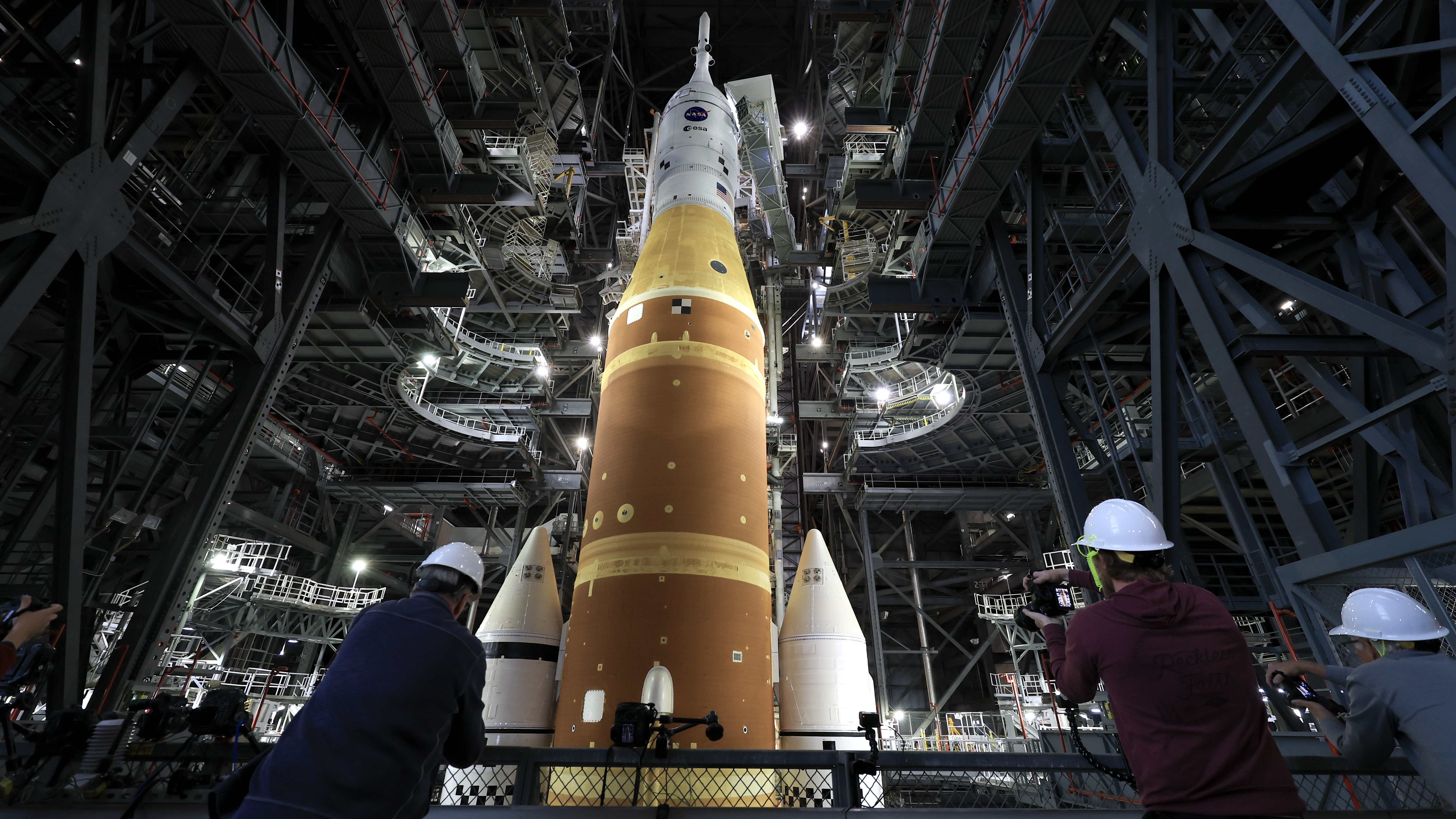Why Is Powdered Caffeine Dangerous?

Get the world’s most fascinating discoveries delivered straight to your inbox.
You are now subscribed
Your newsletter sign-up was successful
Want to add more newsletters?

Delivered Daily
Daily Newsletter
Sign up for the latest discoveries, groundbreaking research and fascinating breakthroughs that impact you and the wider world direct to your inbox.

Once a week
Life's Little Mysteries
Feed your curiosity with an exclusive mystery every week, solved with science and delivered direct to your inbox before it's seen anywhere else.

Once a week
How It Works
Sign up to our free science & technology newsletter for your weekly fix of fascinating articles, quick quizzes, amazing images, and more

Delivered daily
Space.com Newsletter
Breaking space news, the latest updates on rocket launches, skywatching events and more!

Once a month
Watch This Space
Sign up to our monthly entertainment newsletter to keep up with all our coverage of the latest sci-fi and space movies, tv shows, games and books.

Once a week
Night Sky This Week
Discover this week's must-see night sky events, moon phases, and stunning astrophotos. Sign up for our skywatching newsletter and explore the universe with us!
Join the club
Get full access to premium articles, exclusive features and a growing list of member rewards.
Caffeine is in coffee, tea and other products people consume every day, so why is powdered caffeine dangerous?
On Tuesday (Sept. 1), the Food and Drug Administration announced that it had issued warning letters to five companies that sell powdered caffeine, saying that their products pose a "significant or unreasonable risk of illness or injury to consumers."
Powdered caffeine products are much more potent than caffeine-containing beverages like coffee, and they're dangerous because it is easy for people to consume a lethal amount of powdered caffeine, the FDA said.
Just 1 teaspoon of the caffeine powder contains about the same amount of caffeine as 28 cups of regular coffee, the FDA said. In fact, 2 teaspoons of powdered caffeine would kill most adults, according to the Centers for Science in the Public Interest.
"Powdered caffeine is very concentrated," said Henry Spiller, director of Central Ohio Poison Center at Nationwide Children's Hospital. Most people are so comfortable with the effects of caffeinated beverages like coffee and soda that they don't realize that the amount they ingest is just milligrams, Spiller said.
The amount of caffeine in a teaspoon can vary in different powdered caffeine products, the FDA noted. A teaspoon of some powdered products can have about 5 grams of caffeine; by comparison, a cup of coffee has about 65 to 100 milligrams of caffeine, Spiller said.
At that level, 1 teaspoon of the powder contains as much caffeine as 50 to 75 cups of coffee.
Get the world’s most fascinating discoveries delivered straight to your inbox.
"This is enormous. This is an overdose," Spiller told Live Science. [7 Foods You Can Overdose On]
Another problem with the powdered products is that consumers usually don't have the tools to measure a safe dose. The recommended serving size of powdered caffeine is just 50 milligrams to 200 milligrams — or about one-sixteenth of a teaspoon.
To measure out 50 milligrams of powder using a quarter-teaspoon measuring spoon, a consumer needs to fill just 6 percent of the spoon, which "cannot be accurately measured," the FDA said.
"The difference between a safe amount and a toxic dose of caffeine in these pure powdered products is very small," the agency said.
What's more, the smallest packages of powdered caffeine sold by some of the companies contain 100 grams of product, which is 2,000 recommended servings. And some companies sell powdered caffeine in packages of 25 kilograms, which contain up to 500,000 recommended servings.
High doses of caffeine can cause serious side effects, including increased blood pressure, a rapid or dangerously erratic heartbeat, seizures and even death, the FDA said. Two young adults — an 18-year-old in Ohio and a 24-year-old in Georgia — died in 2014 from accidental overdoses of powdered caffeine.
Although it's possible to overdose on caffeine by drinking upward of 50 cups of coffee, most people would probably stop before this point because they would be experiencing uncomfortable effects, like nausea or vomiting and a rapid heart rate, Spiller said. The danger with powdered caffeine is that you take this dose of caffeine all at once, he said.
Follow Rachael Rettner @RachaelRettner. Follow Live Science @livescience, Facebook & Google+. Original article on Live Science.

Rachael is a Live Science contributor, and was a former channel editor and senior writer for Live Science between 2010 and 2022. She has a master's degree in journalism from New York University's Science, Health and Environmental Reporting Program. She also holds a B.S. in molecular biology and an M.S. in biology from the University of California, San Diego. Her work has appeared in Scienceline, The Washington Post and Scientific American.
 Live Science Plus
Live Science Plus





